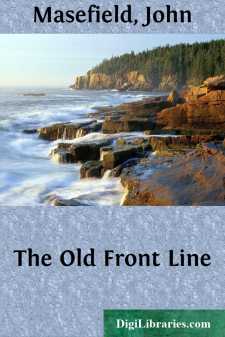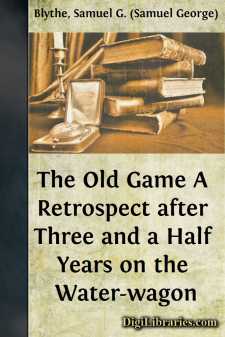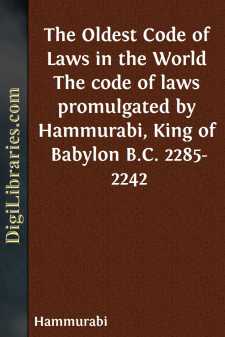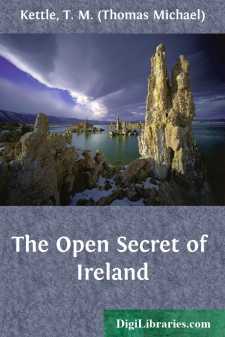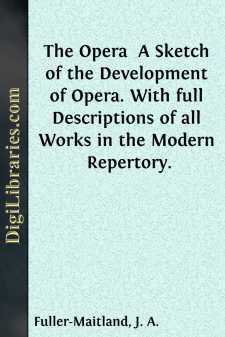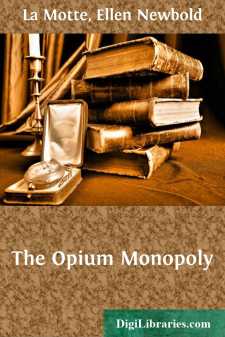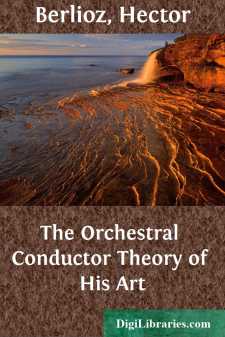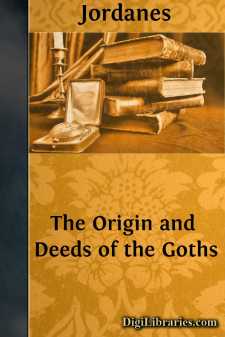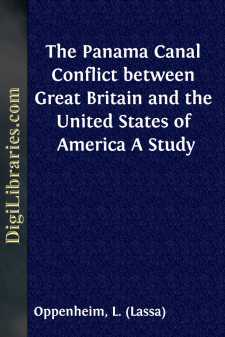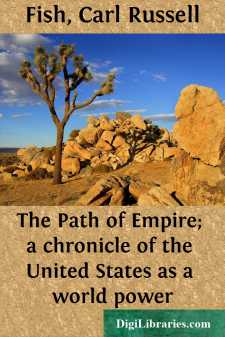Non-Classifiable
- Non-Classifiable 1768
Non-Classifiable Books
Sort by:
by:
John Masefield
THE OLD FRONT LINE This description of the old front line, as it was when the Battle of the Somme began, may some day be of use. All wars end; even this war will some day end, and the ruins will be rebuilt and the field full of death will grow food, and all this frontier of trouble will be forgotten. When the trenches are filled in, and the plough has gone over them, the ground will not long keep the...
more...
I: Introductory In a few minutes it will be three years and a half since I have taken a drink. In six years, six months, and a few minutes it will be ten years. Then I shall begin to feel I have some standing among the chaps who have quit. Three years and a half seems quite a period of abstinence to me, but I am constantly running across men who have been on the wagon for five and ten and twelve and...
more...
by:
Hammurabi
INTRODUCTION The Code of Hammurabi is one of the most important monuments in the history of the human race. Containing as it does the laws which were enacted by a king of Babylonia in the third millennium B.C., whose rule extended over the whole of Mesopotamia from the mouths of the rivers Tigris and Euphrates to the Mediterranean coast, we must regard it with interest. But when we reflect that the...
more...
INTRODUCTION The object of Mr Kettle, in writing this book, is, I take it, to reveal to English readers what he not inaptly terms as "The Open Secret of Ireland," in order to bring about a better understanding between the two nations, and to smoothe the way to a just and final settlement of their old-time differences. Any work undertaken on such lines commends itself to a ready welcome and a...
more...
If Music be, among the arts, 'Heaven's youngest-teemed star', the latest of the art-forms she herself has brought forth is unquestionably Opera. Three hundred years does not at first seem a very short time, but it is not long when it covers the whole period of the inception, development, and what certainly looks like the decadence, of an important branch of man's artistic industry....
more...
INTRODUCTION We first became interested in the opium traffic during a visit to the Far East in 1916. Like most Americans, we had vaguely heard of this trade, and had still vaguer recollections of a war between Great Britain and China, which took place about seventy-five years ago, known as the Opium War. From time to time we had heard of the opium trade as still flourishing in China, and then later...
more...
by:
Hector Berlioz
Music appears to be the most exacting of all the Arts, the cultivation of which presents the greatest difficulties, for a consummate interpretation of a musical work so as to permit an appreciation of its real value, a clear view of its physiognomy, or discernment of its real meaning and true character, is only achieved in relatively few cases. Of creative artists, the composer is almost the only one...
more...
by:
Jordanes
THE ORIGIN AND DEEDS OF THE GOTHS (Preface) Though it had been my wish to glide in my little boat 1 by the shore of a peaceful coast and, as a certain writer says, to gather little fishes from the pools of the ancients, you, brother Castalius, bid me set my sails toward the deep. You urge me to leave the little work I have in hand, that is, the abbreviation of the Chronicles, and to condense in my own...
more...
The Panama Canal conflict is due to the fact that the Governments of Great Britain and the United States do not agree upon the interpretation of Article III, No. 1, of the Hay-Pauncefote Treaty of September 18, 1901, which stipulates as follows:— "The Canal shall be free and open to the vessels of commerce and of war of all nations..., on terms of entire equality, so that there shall be no...
more...
CHAPTER I. The Monroe Doctrine In 1815 the world found peace after twenty-two years of continual war. In the forests of Canada and the pampas of South America, throughout all the countries of Europe, over the plains of Russia and the hills of Palestine, men and women had known what war was and had prayed that its horrors might never return. In even the most autocratic states subjects and rulers were...
more...


